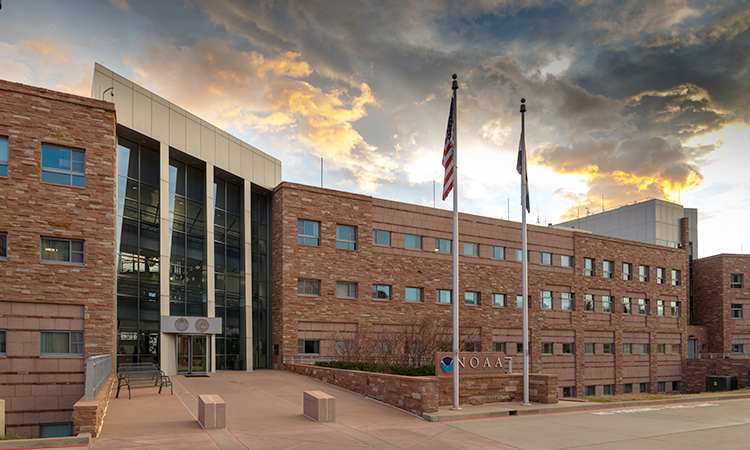A .gov website belongs to an official government organization in the United States.
A lock () or https:// means you've safely connected to the .gov website. Share sensitive information only on official, secure websites.

Black carbon (BC), among the carbonaceous aerosols, is gaining considerable significance because of its ability to influence air quality and climate on local, regional and global scales. Black carbon aerosols are produced as primary particles from incomplete combustion processes such as fossil fuel and biomass burning, and hence most of the BC in the atmosphere originates from man-made activities. The radiative and climate impacts of BC are increasingly recognized as BC can absorb sunlight, heat the air and contribute to global warming, unlike the other aerosol types (e.g., sulfate) which produce cooling. Both absorbing (BC) and scattering (sulfate) aerosols cool the surface by reducing the incoming solar radiation and cause solar dimming. In the atmosphere aerosols exist in different mixing states. Mixing of aerosols can change the size distribution of aerosols, their life cycle and radiative effects. The diversity of aerosols present over a location due to local sources and long range transport can give rise to a complex aerosol mixture. Assumptions on the state of aerosol mixing and its effect on optical properties give rise to uncertainties in modeling of direct as well as indirect climate forcing of aerosols.
This seminar will focus on the monthly/seasonal mean variations in physical and optical characteristics of aerosols over an urban region, and the resultant radiative effects with an emphasis on the black carbon owing to its crucial role in regional and global climate impacts. Results obtained on the probable mixing states of aerosols and their radiative effects over the study location, the climate impact in terms of the heating rates (K/day) for different scenarios of BC mass concentrations and zero BC conditions will be presented and discussed.
ALL Seminar attendees agree not to cite, quote, copy, or distribute material presented without the explicit written consent of the seminar presenter. Any opinions expressed in this seminar are those of the speaker alone and do not necessarily reflect the opinions of NOAA or CSL.